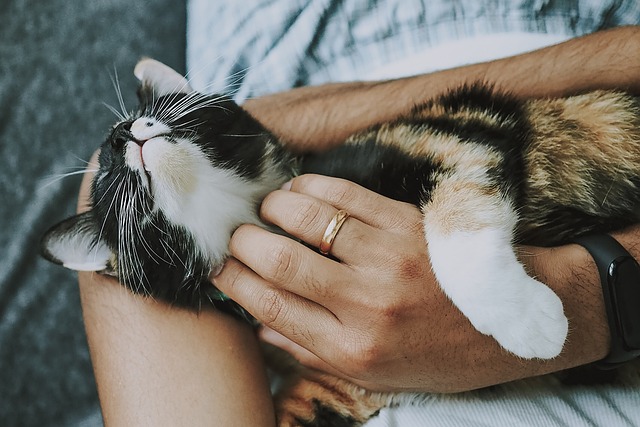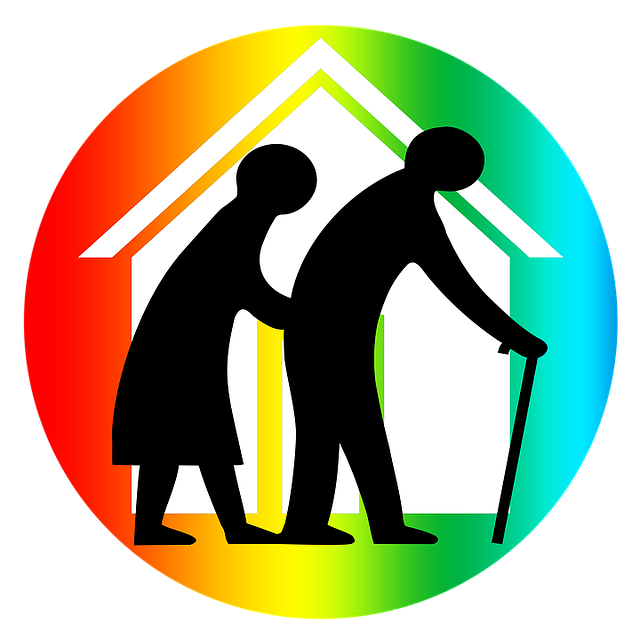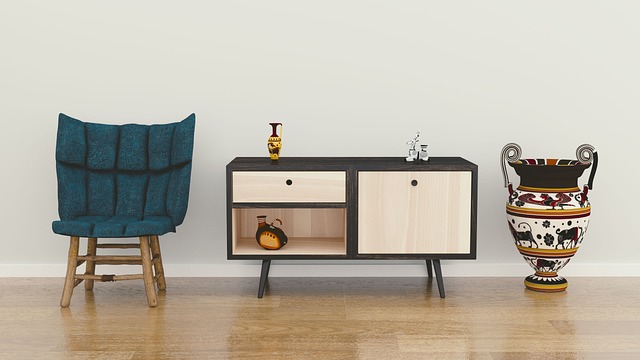Home care services provide personalized support for seniors, focusing on daily tasks and companionship. In-home aides assist with meal preparation, housekeeping, medication management, transportation, and personal care, helping elders maintain independence in familiar home environments. These services improve quality of life, prevent the need for intensive medical care or nursing homes, and offer essential social interaction to combat loneliness and cognitive decline.
Non-medical home care services play a pivotal role in enhancing quality of life for seniors and the elderly. Unlike medical care, these services focus on personal care, companion care, and home care tasks to maintain independence at home. From bathing and dressing assistance to social interaction and cooking, non-medical aides provide crucial support. Understanding these services and identifying when they’re needed is essential for those seeking senior care or companion care solutions. This article delves into the types of non-medical home care, who needs it, and how to find and choose an in-home aide.
- Understanding Non-Medical Home Care
- – Definition and significance of non-medical home care services
- – Distinguishing from medical care: what it doesn't include
- – Benefits for seniors and the elderly in maintaining independence at home
Understanding Non-Medical Home Care

Non-medical home care, also known as companion care or in-home aide services, is a vital support system for seniors and the elderly who require assistance with daily tasks but do not need medical treatment. These services offer a range of personal care options designed to enhance quality of life and maintain independence within the comfort of one’s own home. From simple activities like meal preparation and cleaning to more intimate companionship and personal hygiene assistance, non-medical home care provides a safe and familiar environment for seniors.
Home care services for seniors are tailored to individual needs, ensuring that each client receives the level of support they require. Whether it’s helping with medication management, providing transportation to medical appointments, or simply offering someone to talk to, in-home aides fill a crucial role in supporting our aging population. By focusing on personal care rather than medical interventions, these services foster a sense of dignity and autonomy while also promoting social interaction and overall well-being.
– Definition and significance of non-medical home care services

Non-medical home care services encompass a range of personal and companion care activities designed to support seniors or the elderly in their homes. These services go beyond medical care, focusing on enhancing quality of life, maintaining independence, and providing companionship. In-home aides and companion caregivers offer assistance with daily tasks such as meal preparation, light housekeeping, medication management, transportation, and personal care, including bathing, dressing, and grooming.
Home care services for seniors are tailored to individual needs, allowing them to stay in familiar surroundings while receiving the support they require. Whether it’s helping with physical limitations, providing mental stimulation through conversation, or simply offering a friendly presence, these non-medical care options play a vital role in promoting well-being and fostering a sense of community among the elderly population.
– Distinguishing from medical care: what it doesn't include

Non-medical home care, often referred to as companion care or in-home aide services, is distinct from medical care. While medical care focuses on treating specific diseases, conditions, or injuries through prescription medications, procedures, and therapies, non-medical home care provides support that enhances daily living for the elderly or those needing assistance. This includes personal care such as bathing, dressing, meal preparation, housekeeping, transportation to appointments, and social interaction—all aimed at improving quality of life rather than curing ailments. Home care services for seniors are designed to enable them to remain independent in their homes for as long as possible, thereby avoiding or delaying the need for more intensive medical or institutional care.
– Benefits for seniors and the elderly in maintaining independence at home

Maintaining independence at home is a significant benefit for seniors and the elderly. Home care services, including in-home aide and companion care, allow them to stay in familiar surroundings while receiving non-medical personal care support. This can include assistance with daily tasks such as bathing, dressing, cooking, cleaning, and transportation. By providing these essential services, home care enables seniors to maintain their quality of life, preserve their dignity, and avoid the need for more intensive medical care or a nursing home.
Home care services for seniors also foster social interaction and mental stimulation, which are crucial for combating loneliness and cognitive decline. Companion care, in particular, offers companionship and conversation, filling potential gaps left by family and friends who may have busy schedules or live far away. This personalized attention can significantly improve the well-being of the elderly, promoting a sense of security and contentment within their own homes.
Non-medical home care services, often referred to as home care or elderly care, provide vital support for seniors and the elderly, allowing them to maintain their independence in the comfort of their own homes. By offering assistance with personal care, companionship, and light household tasks, these services enhance quality of life and can prevent unnecessary hospital stays. Whether it’s an in-home aide or companion care, these options cater to diverse needs, ensuring seniors receive the help they require while still enjoying the autonomy of their living spaces.
